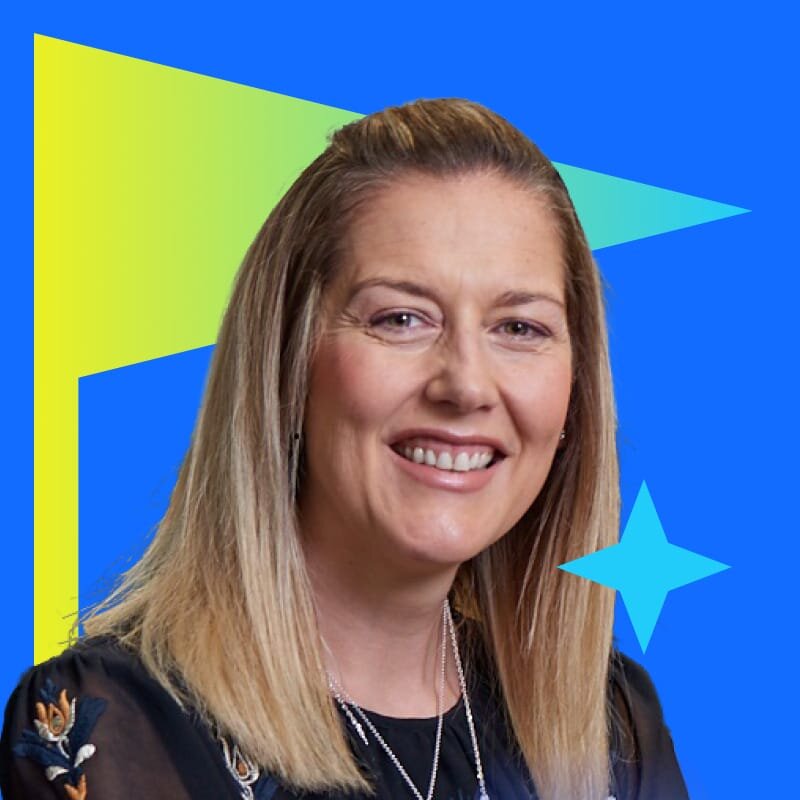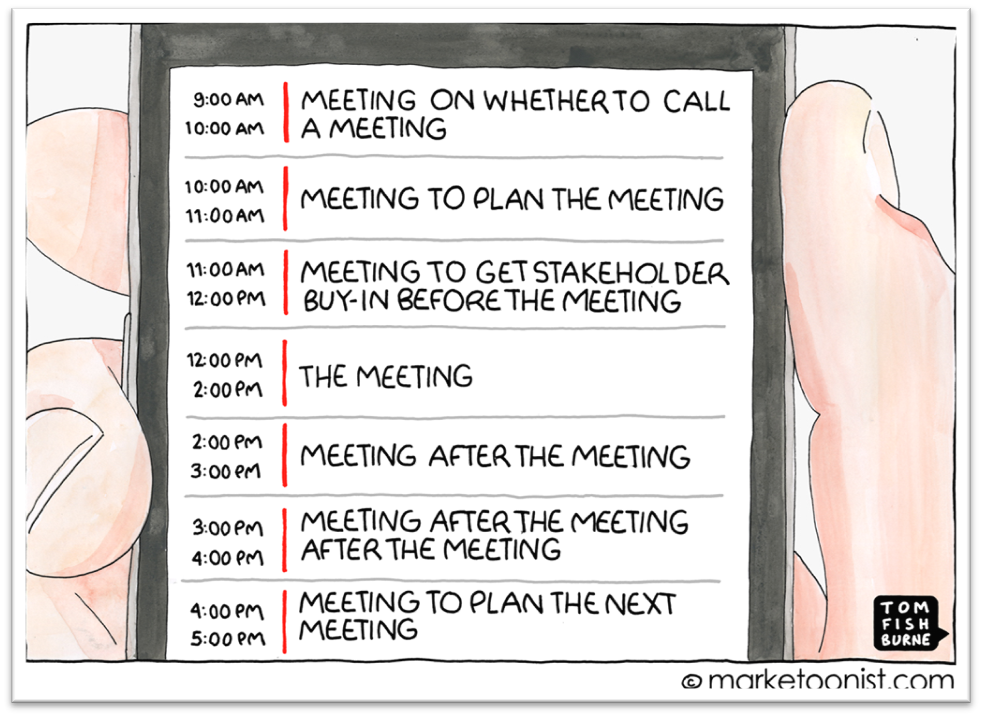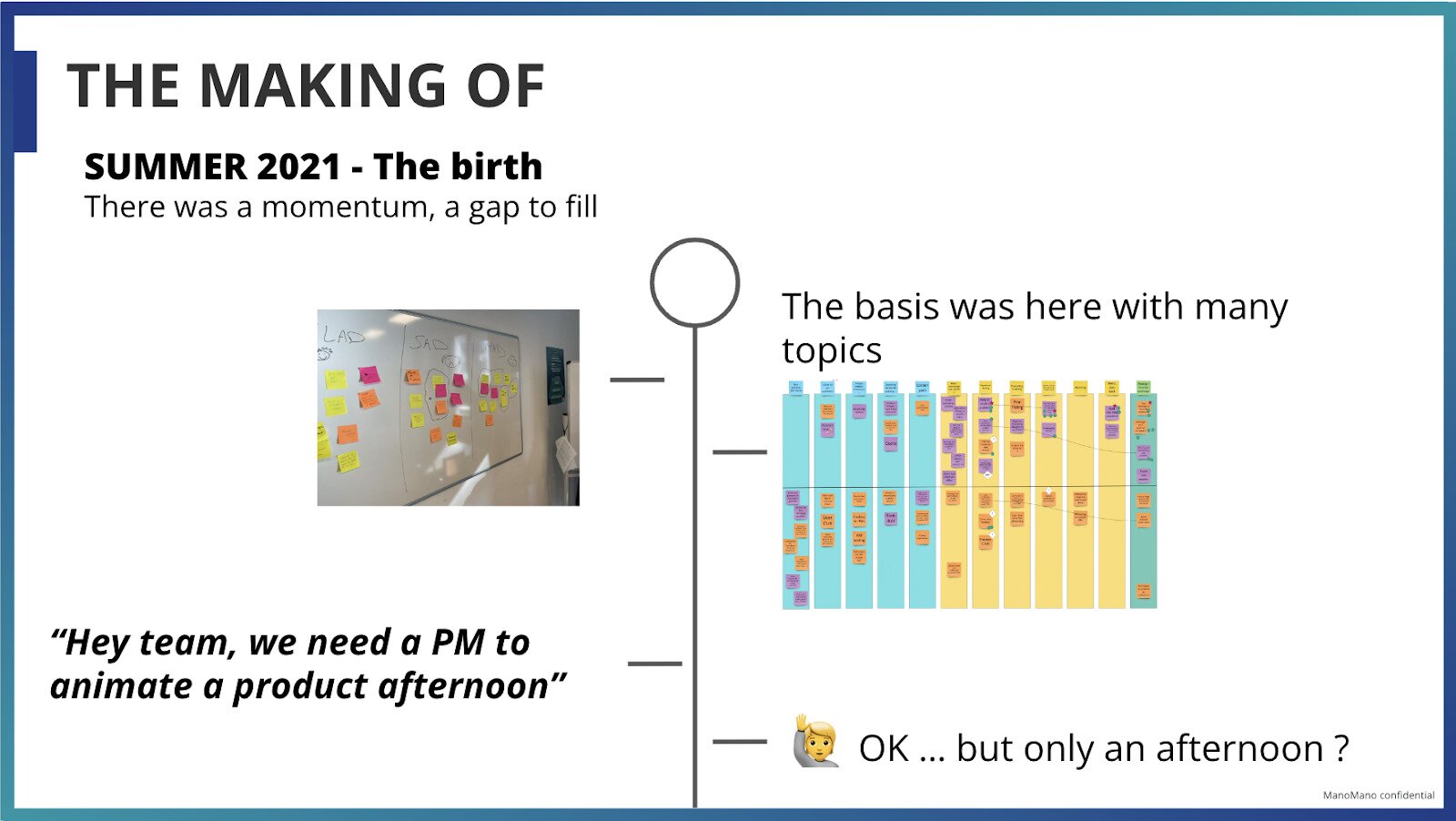Koen Dubelaar is a Product Operations Director at delivery service Delivery Hero, leading the company’s product ops team in APAC, Turkey and Europe. He’s been at the company for the last four and half years, and has previously been head of operations at Paintgun.io and COO of wemovo.
German company Delivery Hero is present in over 70 countries – you might know it as Talabat, foodpanda, Hungerstation or some other name, depending on where you live. It has actively acquired businesses over the last few years – most notably in 2020, when it bought Greek startup Instashop and took over top South Korean food delivery app owner Woowa Brothers. With revenues of about $11 billion annually, the company is now the world’s second largest online food business after Uber Eats according to Statista.
Quick commerce
Delivery Hero’s mission, Koen says, is to “deliver anything”, and it’s building an ecosystem to be able to do this. What started as essentially a pizza and burger delivery business over a decade ago has grown to include delivery from local shops and Dmarts – delivery-only supermarkets or warehouses operated by Delivery Hero and designed to provide quick delivery services to customers. Adds Koen: “But it could also be medicine… We don’t see ourselves so much as a food delivery company anymore, we’re really in the business of saving time for consumers.”
The quick commerce sector was growing when Koen started at Delivery Hero, and he says this side of the business has expanded to accommodate changing consumer attitudes. According to Statista, the global quick commerce market is expected to reach revenues of $170.8 billion in 2024 and $265.7 billion by 2029. Covid brought a real boom in people wanting to have the convenience of ordering groceries from their home. Koen says the norm with online shopping at supermarkets is to spend a certain amount and then have your groceries delivered a few days later. With quick commerce, he says, you can invite friends over, order beer, wine and snacks, and have it all delivered to your door 30 minutes later. Says Koen: “That is the level of convenience that I think customers really, really appreciate.”
Product ops challenges
Koen says his biggest challenge as product operations director is to bring structure into processes that are inherently unstructured, because they’re creative processes. He explains: “Product managers, with designers and engineers, build something that previously didn’t exist, so that inherently is a creative process.”
But at Delivery Hero, there are numerous squads – or over 600 people – working on building the company's consumer platforms. As Koen points out, when you reach that level of scale, you can’t just allow each squad to determine how they want to work and leave them to it. That would be chaotic. He says product ops has a critical role to play in working out what kind of processes to introduce to generate operational efficiencies. He gives an example of the product ops work at Delivery Hero. “We try to leverage the tools we have already, like Jira, for example. All the teams are already working in this tool so we’re harmonising the way they work in Jira. That then allows us to create KPIs and measure things like time to market.” In Koen’s experience this approach is more effective and less likely to attract resistance than introducing a new tool or system.
Not just about efficiency
That’s not to say that you only need an operational mindset in a product ops role, Koen says. “This isn’t a role that anyone with an operations background can just do. You need to be excited about a product, and understand the challenges of working in a creative industry and of actually building something.”
He’s found it doesn’t work to approach product ops solely from an efficiency standpoint, you need to want to know everything about the product you work with. “It's not enough to download the app to your phone and be a casual user. I expect my people to do that, but I also expect them to try to understand everything that goes on behind the screen,” he says. A successful product ops person needs the desire to go deep into a product and understand the nitty-gritty of a product. One of his most successful product ops hires at Delivery Hero has been someone who came from the business’ diversity and inclusion team: “She’s adding crazy value,” he says, “ not just because of the work she’s done on diversity and inclusion, but also because she has a passion for Product.”
Current and future uses for AI
What about AI? Where does Koen see AI possibly making a difference to product ops? He points to using AI in user research and analysis of user feedback as very promising avenues. The challenge with AI is that you need a large data set to train the model successfully, and in the product space, the data set is often either not there or not big enough.”
The future of product ops
Koen thinks businesses now understand the value a product ops team can deliver. He says that like any other area of a business, product ops teams continually have to prove themselves because they’re always putting out fires and putting structure in place. “I don't think anyone in product or tech would say let's just stop doing product ops,” he says. And Delivery Hero’s product managers also recognise the value of product ops, he says, because they’re freed up to focus on more impactful work that brings value to the business.
What about the future? There’s currently lots of discussion in the product community about the future direction for product operations. At the moment, product ops is very much focused on enablement, Koen comments, and he strongly believes that there’s a more operational role in the future for product ops – triaging bugs and rolling out features, for example. “That’s personally how I would like to see the product ops function evolve,” he says, “a strong product ops function can add a lot of value to the product organisation.”
Discover additional product profiles below
Persona
Executive product leader
with Amanda Grant, OneAdvanced

Persona
User champion
with Ben Hollinsworth, Alto

Persona
AI Pioneer
with Francesca Buckland, Clarivate
Persona
Growth product leader
with Quincy Hunte, Qatar Airways
Persona
Corporate AI leader
with Etienne Martin, Algolia








